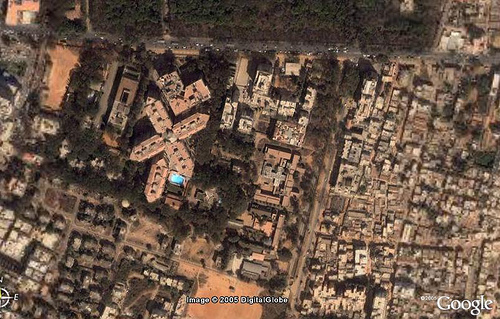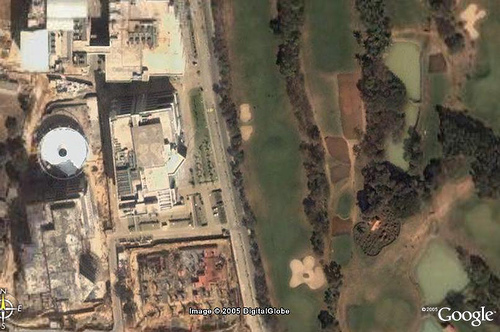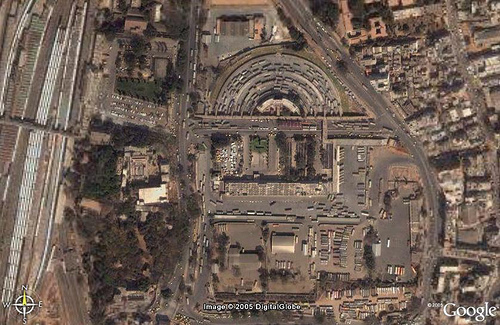Take it, you also take it… give it to your friends, give it to your relatives… give it to your pets… give it to everyone. The resource which was so scarce just some time back, will be considered to be so abundant in the near future.
Well, I am not an expert in IPv6 or networking, but here goes:
Consider this article on IPv6: The Next Generation Internet Protocol. The author says:
To accommodate almost unlimited growth, and a variety of addressing formats, IPv6 addresses are 128 bits in length. This address space is probably sufficient to uniquely address every molecule in the solar system! (For a full description read the article).
Well, this is not surprising.
This would mean that every folder could have its own IP address, because the number of molecules required to store the fact that a folder exists is much more than 1. You might ask me, “Are you crazy? Why should every folder have its own IP address”, but mind you, if it is there, people will use it.
Enter nanotechnology, and we move beyond molecules and enter into the world of electrons. What happens next. It is already told that in nanotechnology you are able to control the motion of electrons to make computations. So now, is it possible to really give every folder its own IP address?
Perhaps not. The reason is that the number of logical states is infinite. A folder does not have any physical existence. Just because it is static now, does not mean that it will be so even in the future. Folders could be dynamic. No data will ever exist statically and that is where we are heading.
What am I trying to prove? Well, the point that IP addresses are 128 bits and that every molecule can have its own IP and its comparisons with Avogadro's number seems foolish. True, IPv6 solves the problem that IPv4 brought with it and that should be the end of the discussion. You can never say it is exhaustive (can you?). IP addresses are used to uniquely identify hosts. Wikipedia says, “A host is any machine connected to a computer network, a node that has a hostname.” That need not be the case. We could have logical entities connecting to the network (take folders themselves as examples). What then?






